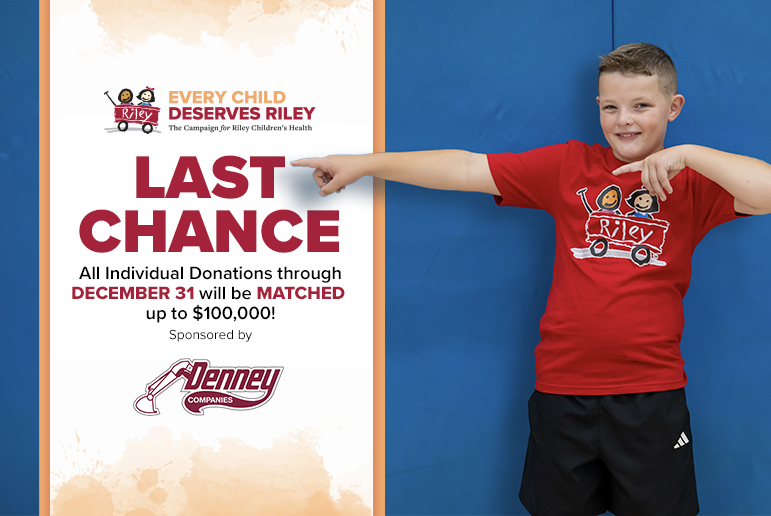Riley Researchers Awarded $5 Million for Overdose Death Prevention

Indiana has one of the highest rates of adolescent overdose deaths in the United States. Fortunately, there is growing hope for improving this statistic. Last November, IU School of Medicine researchers were awarded a $5 million grant from the National Institute of Health’s Helping to End Addiction Long-Term (HEAL) Initiative.
The grant will benefit a new project, “Workforce and System Chance to Treat Adolescent Opioid use Disorder within Integrated Pediatric Primary Care,” led by faculty from the Department of Psychiatry and Department of Pediatrics. Key contributors to the project include Zachary Adams, Ph.D., Matthew Aalsma, Ph.D., and Leslie Hulvershorn, M.D. Youth and caregiver advisory panels will also provide direct input and consultation throughout the grant period, which is over the next five years.
The project aims to improve the accessibility and quality of care for adolescents experiencing opioid use disorder and other substance use disorders. Making pediatric integrated behavioral care more accessible means looking at strategies to provide mental health and substance use screenings, assessments and treatment through Indiana University Health primary care clinics, in partnership with behavioral health specialists.
Substance use care is often missed in primary care settings, even while mental health care is becoming more normalized. Further, most adolescents with a substance use disorder have mild or moderate symptoms and can benefit from shorter-term, less intensive interventions. However, accessing these evidence-based interventions is currently difficult for patients, especially those in rural settings. Empowering primary care providers will allow more Indiana teens and families to benefit from effective care.
“We can absolutely make this better,” says Dr. Hulvershorn. “One of the reasons I’m a child psychiatrist is that I can influence the entire trajectory of someone’s life. If I have a 13-year-old who quits [a substance] in my addiction program, I might have just prevented them from dying 20 years earlier. The impact is lifelong and lasting.”
